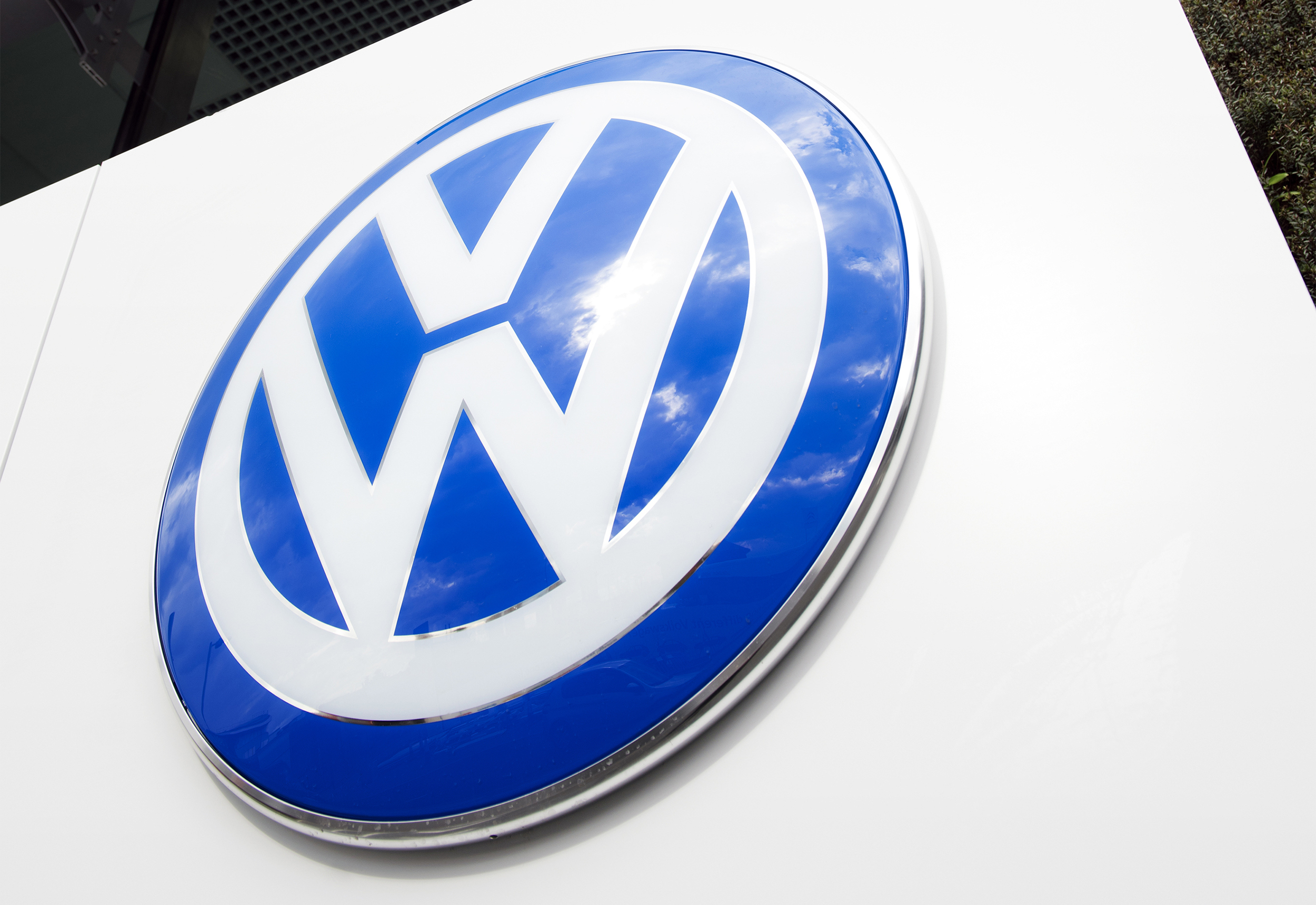The Volkswagen Group has confirmed future wide-scale use of particulate filters for all its petrol engines.
Following the recent emissions scandal, the company will be using the so-called 'gasoline particulate filters (GPF)' from 2017 on all VW Group direct injection TSI and TFSI engines. Volkswagen says emissions of fine soot particles will then be reduced by up to 90 per cent.
By 2022, the number of VW Group vehicles being equipped with this technology annually could reach seven million. The process starts next year with the 1.4-litre TSI engine in the new Volkswagen Tiguan and the 2.0 TFSI in the Audi A5.
Particulate filters for diesel engines are already proven and established. Dr. Ulrich Eichhorn, Head of Group Research and Development said: "Following increases in efficiency and lower CO₂ output, we are now bringing about a sustained reduction in the emission levels of our modern petrol engines by fitting particulate filters as standard."
Despite the outlay for complex exhaust gas treatment systems for new models, Volkswagen says it is determined to reduce its diesel vehicles pollutant emissions as well. Eichhorn: "In the future, all models will be equipped with the latest and most efficient SCR catalytic converter technology."

